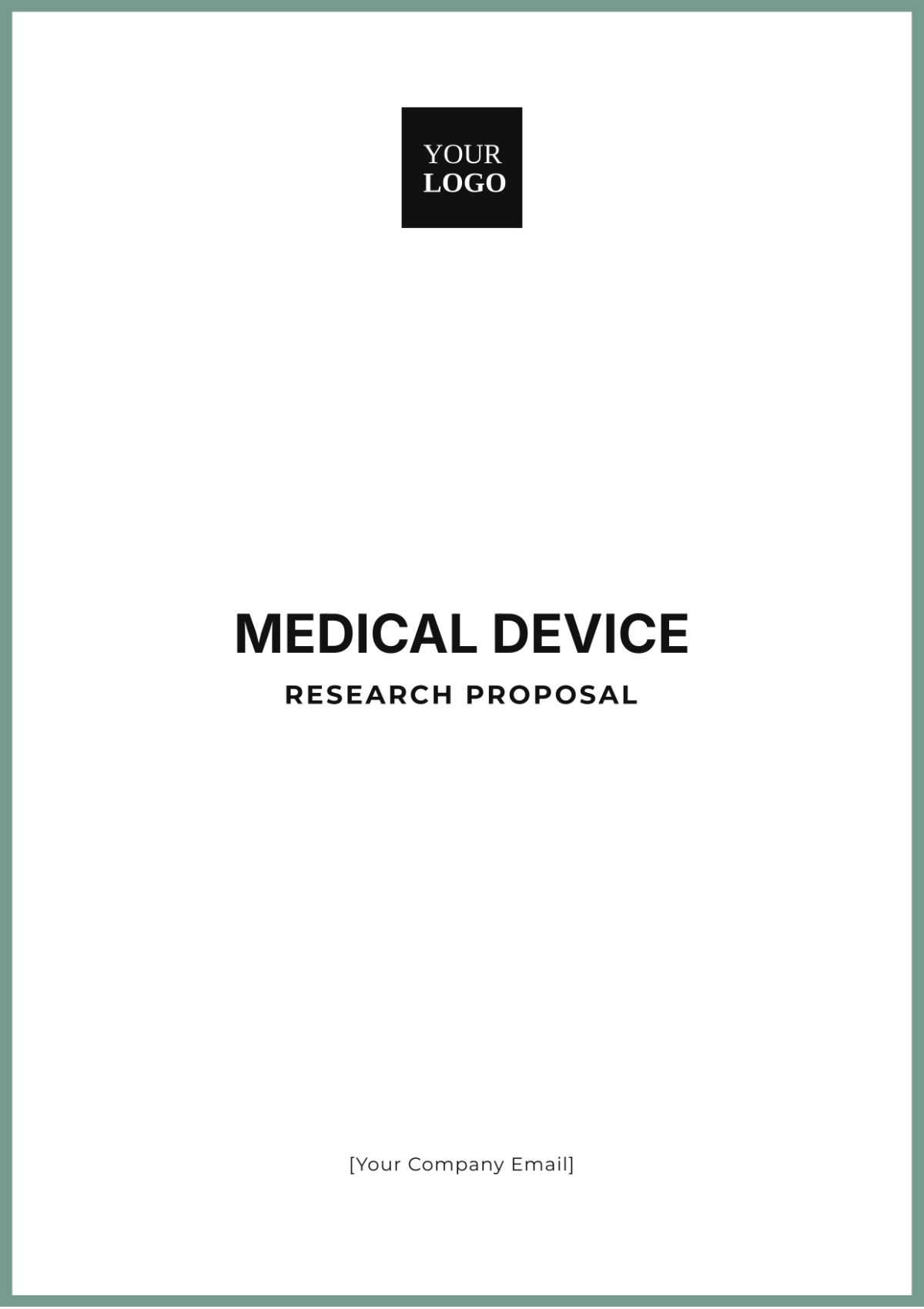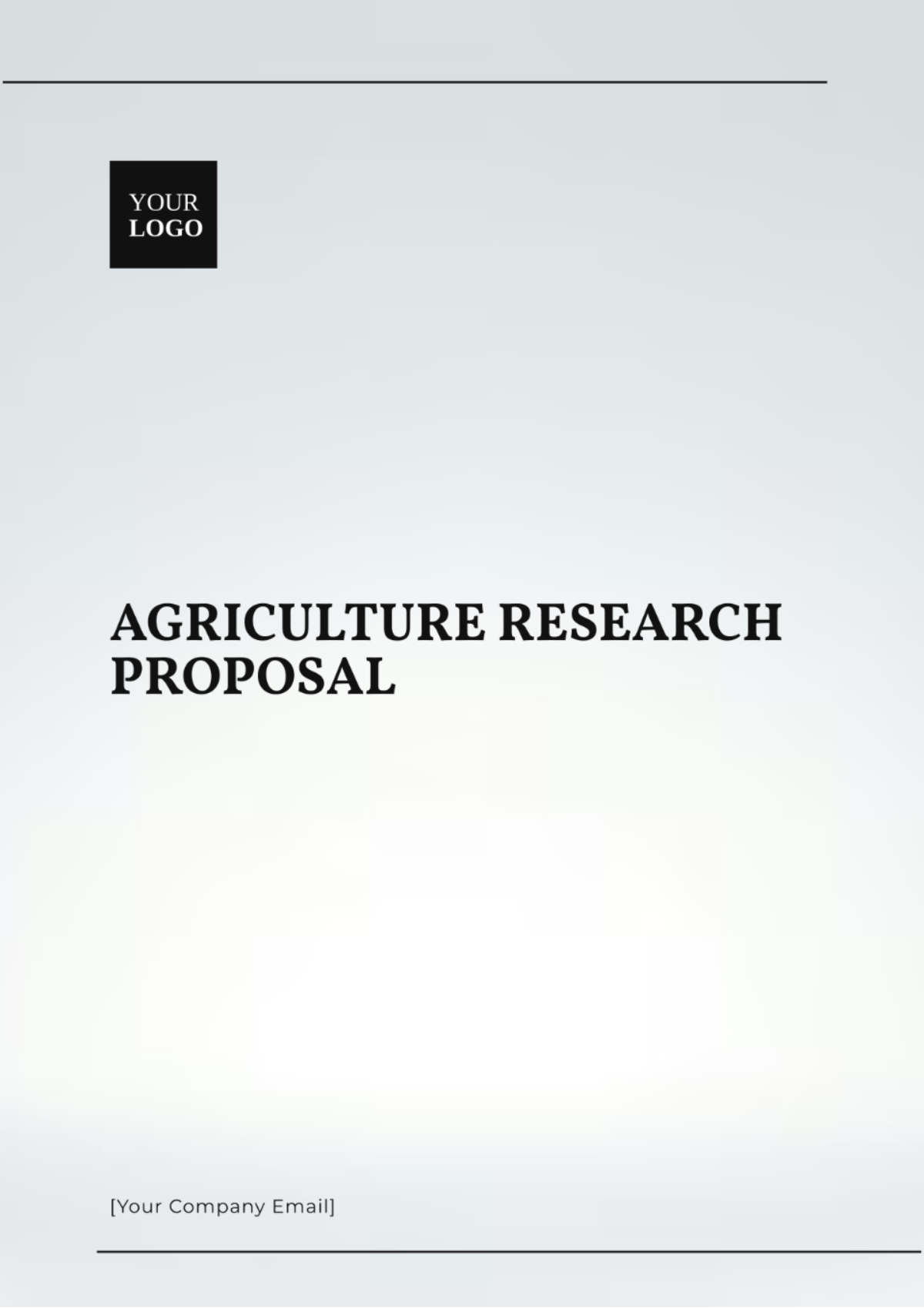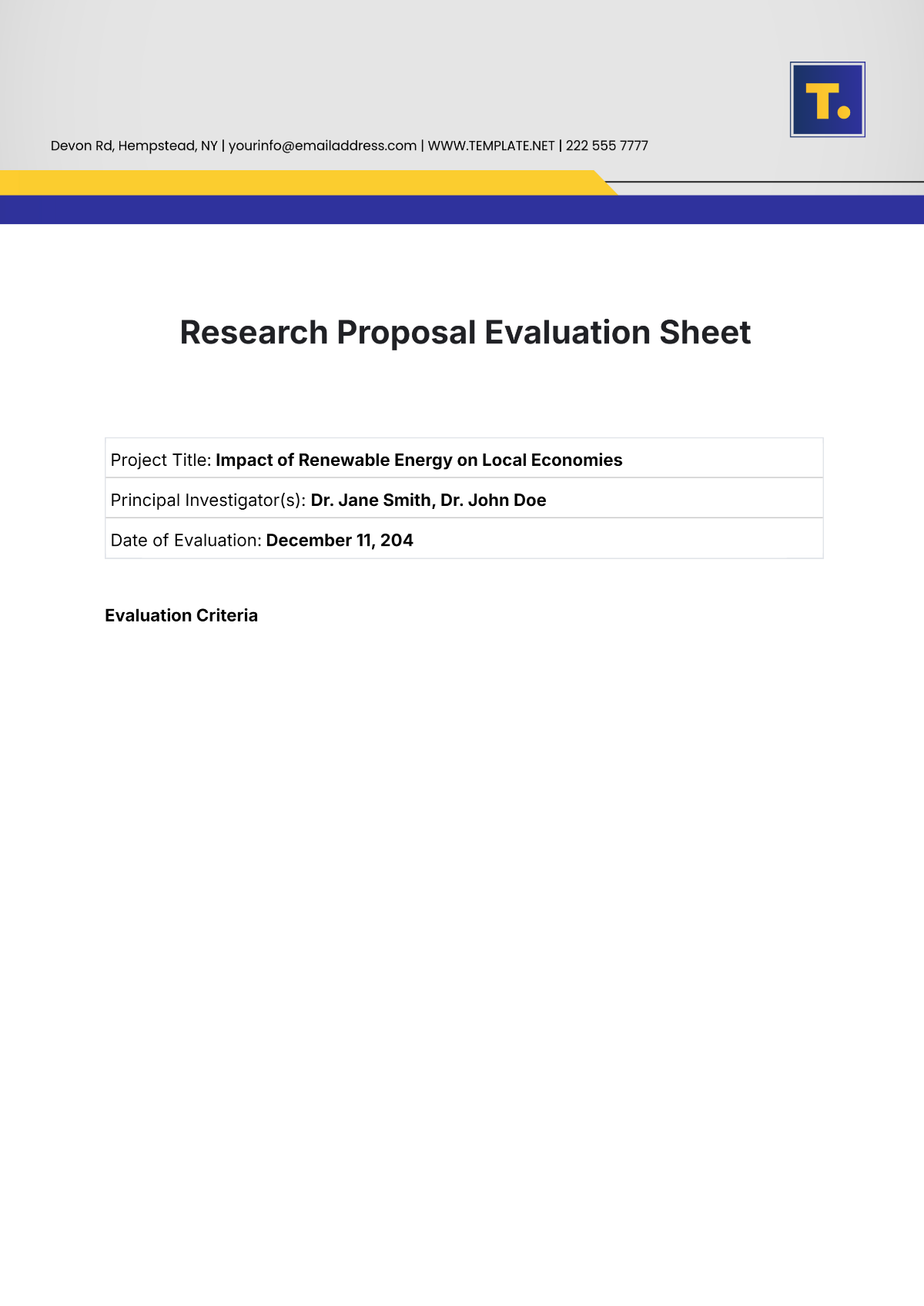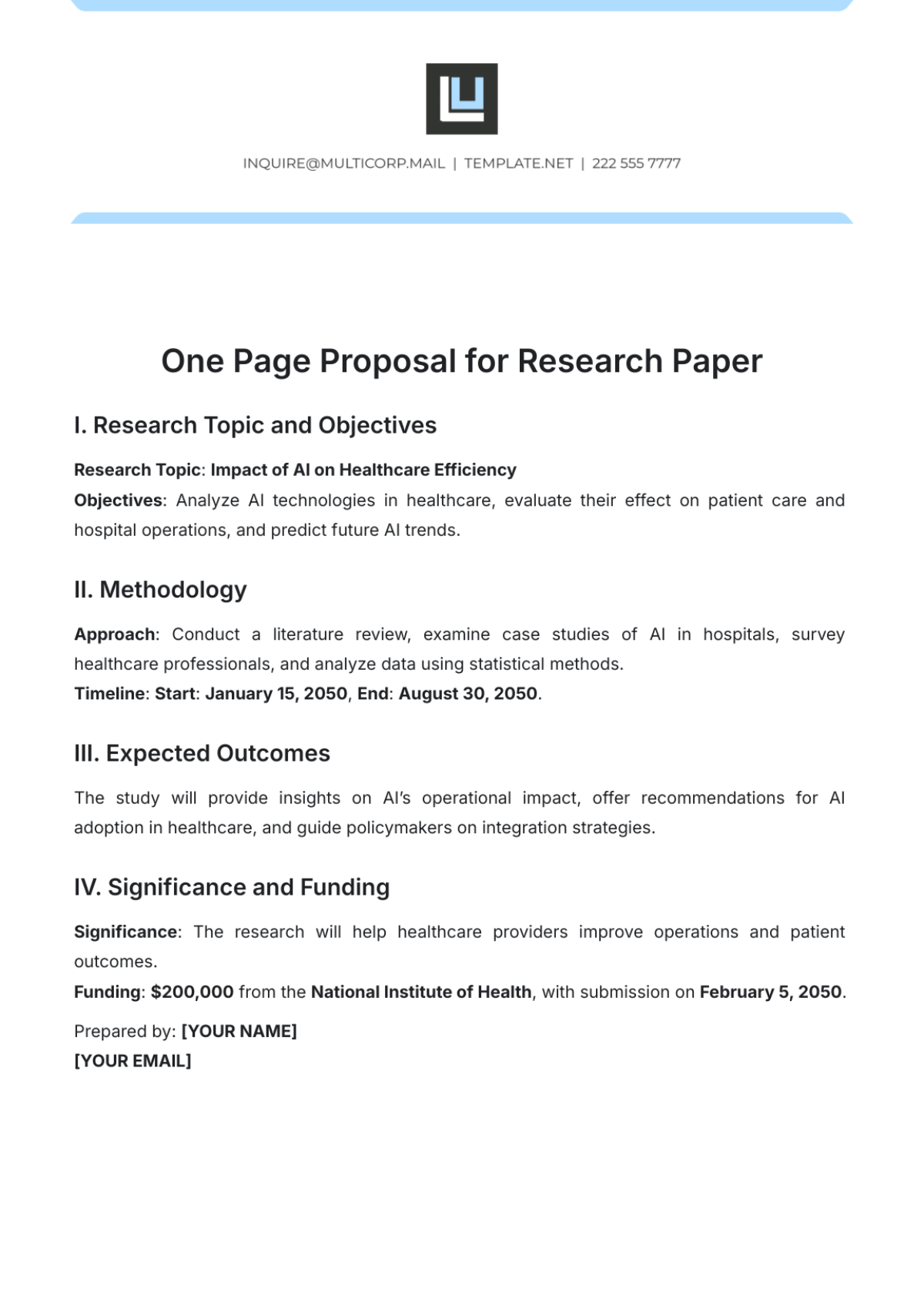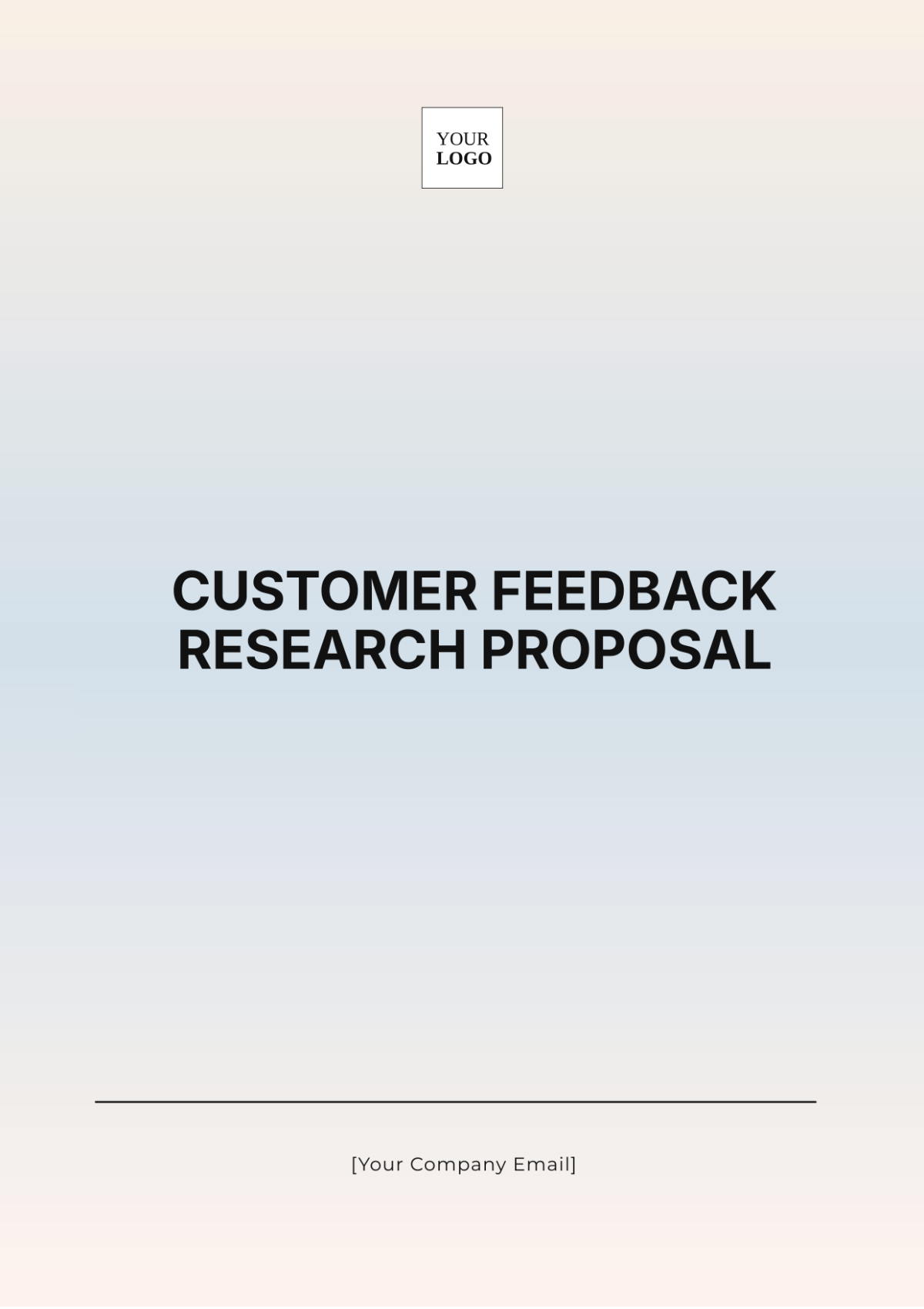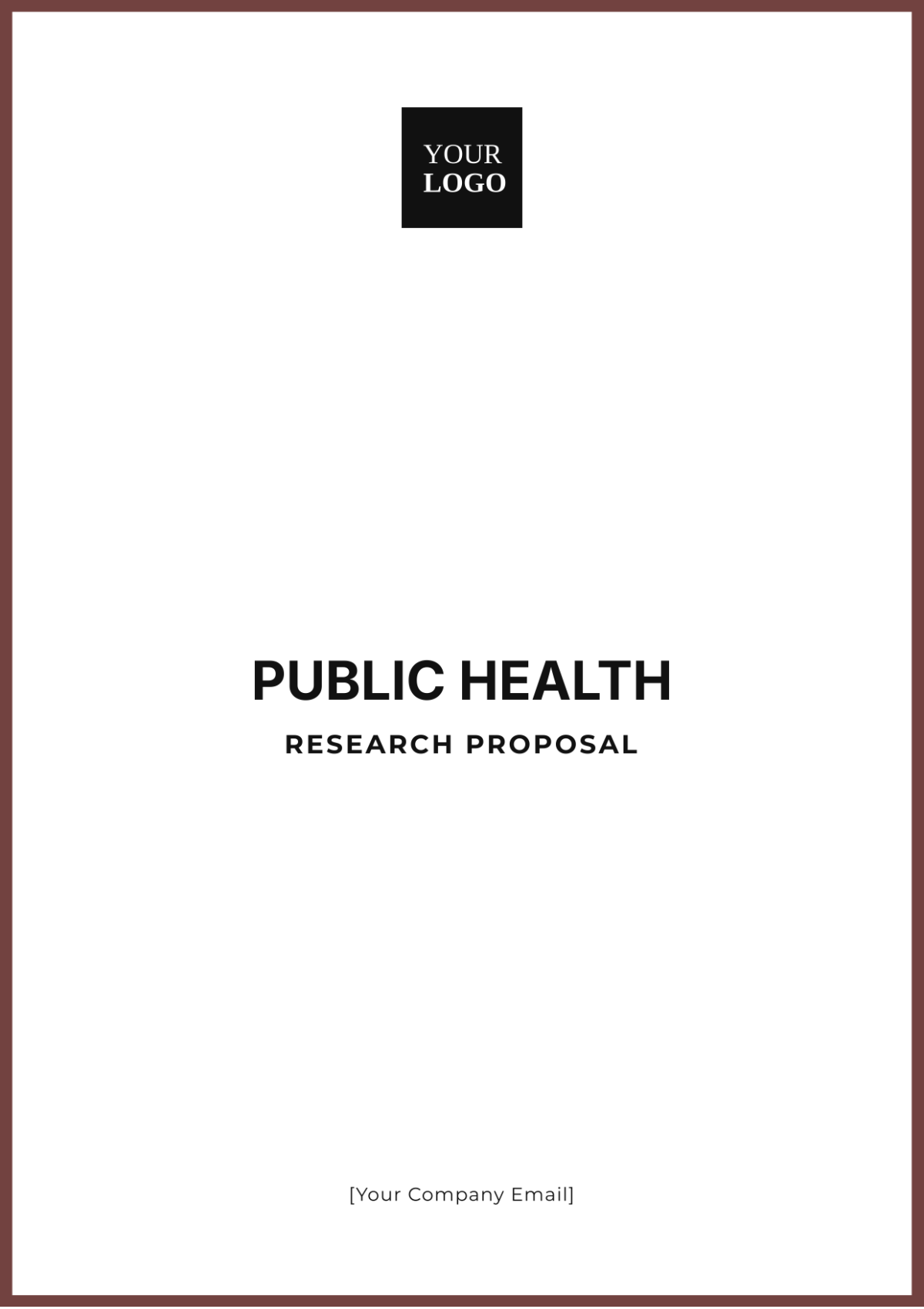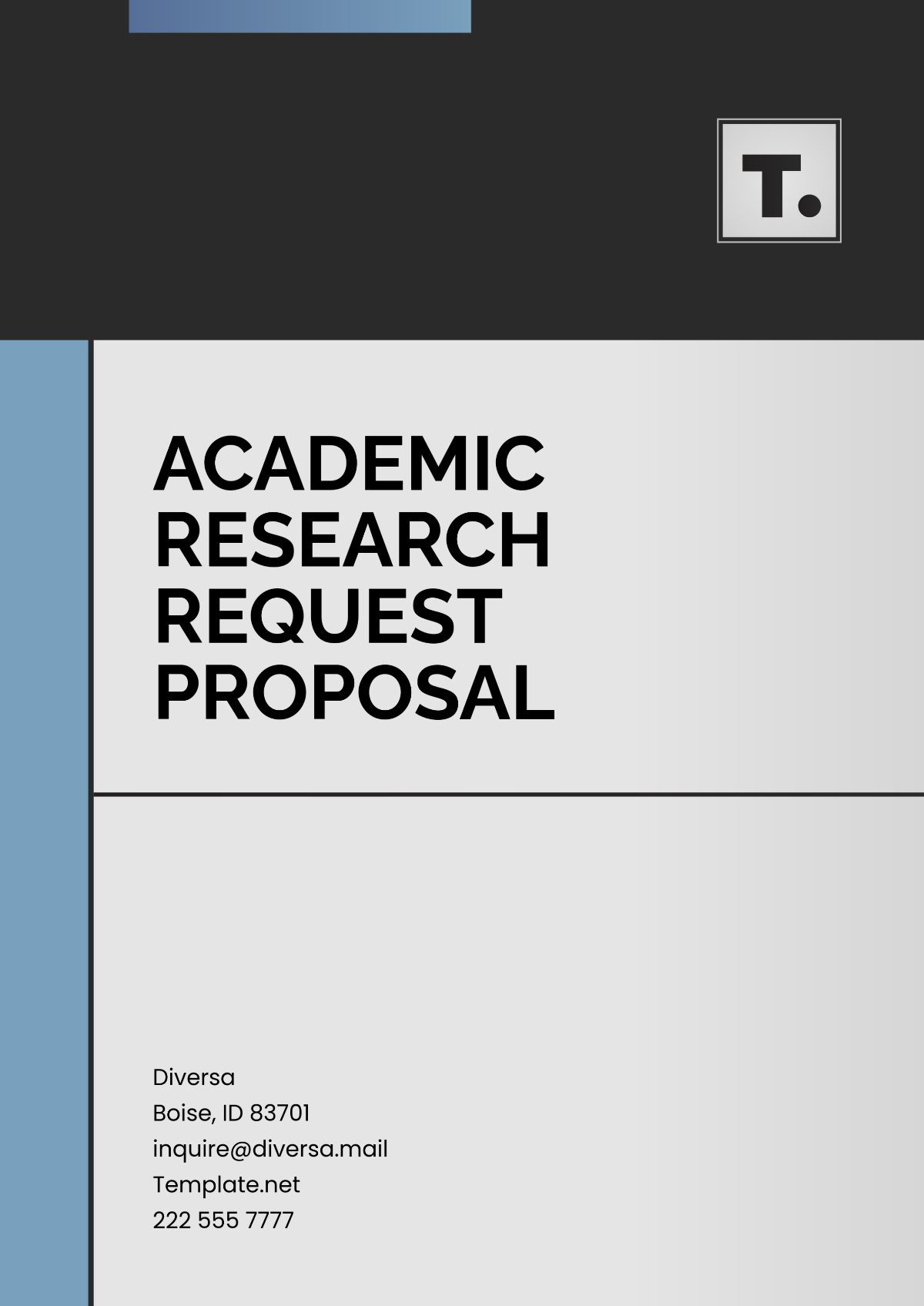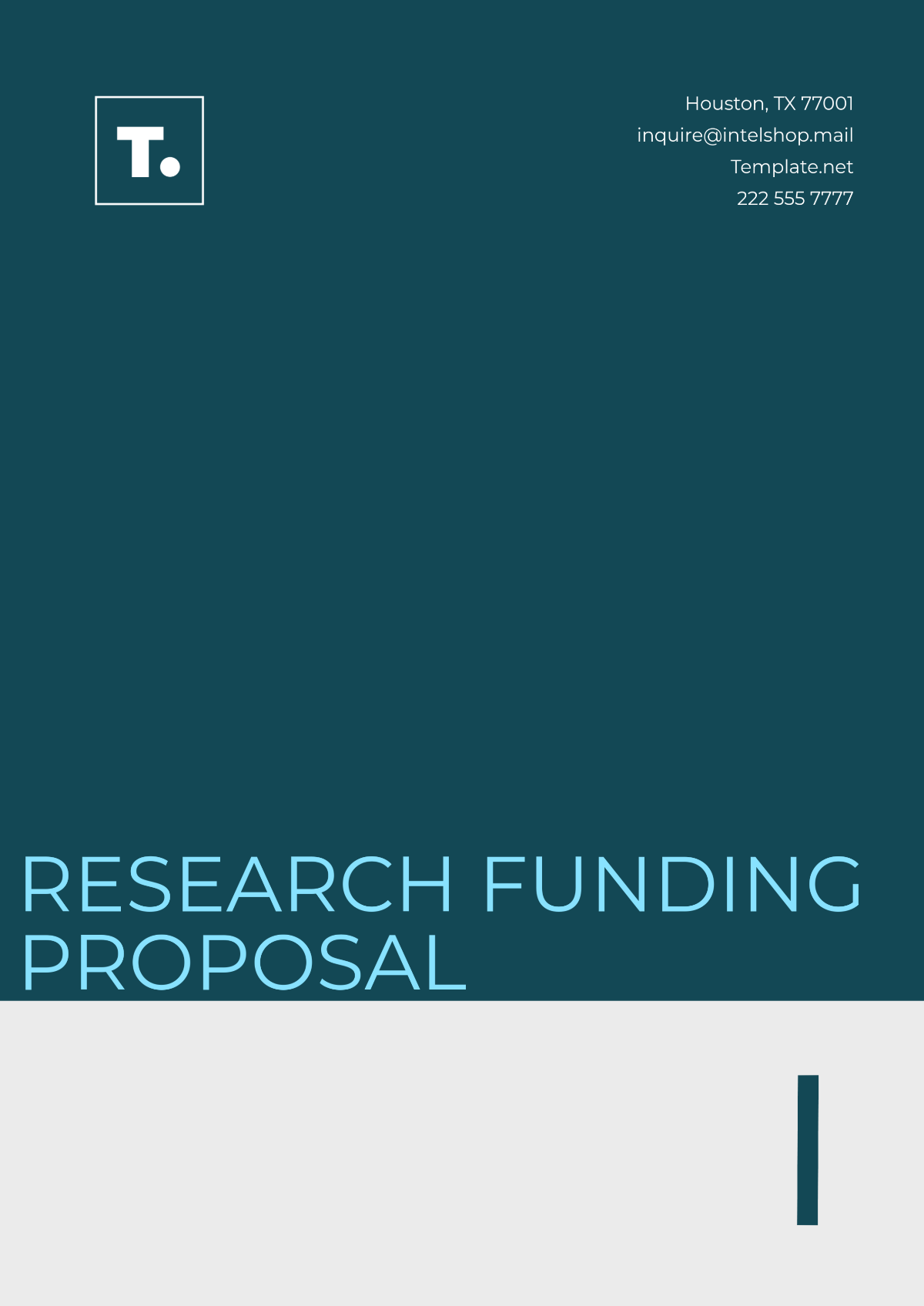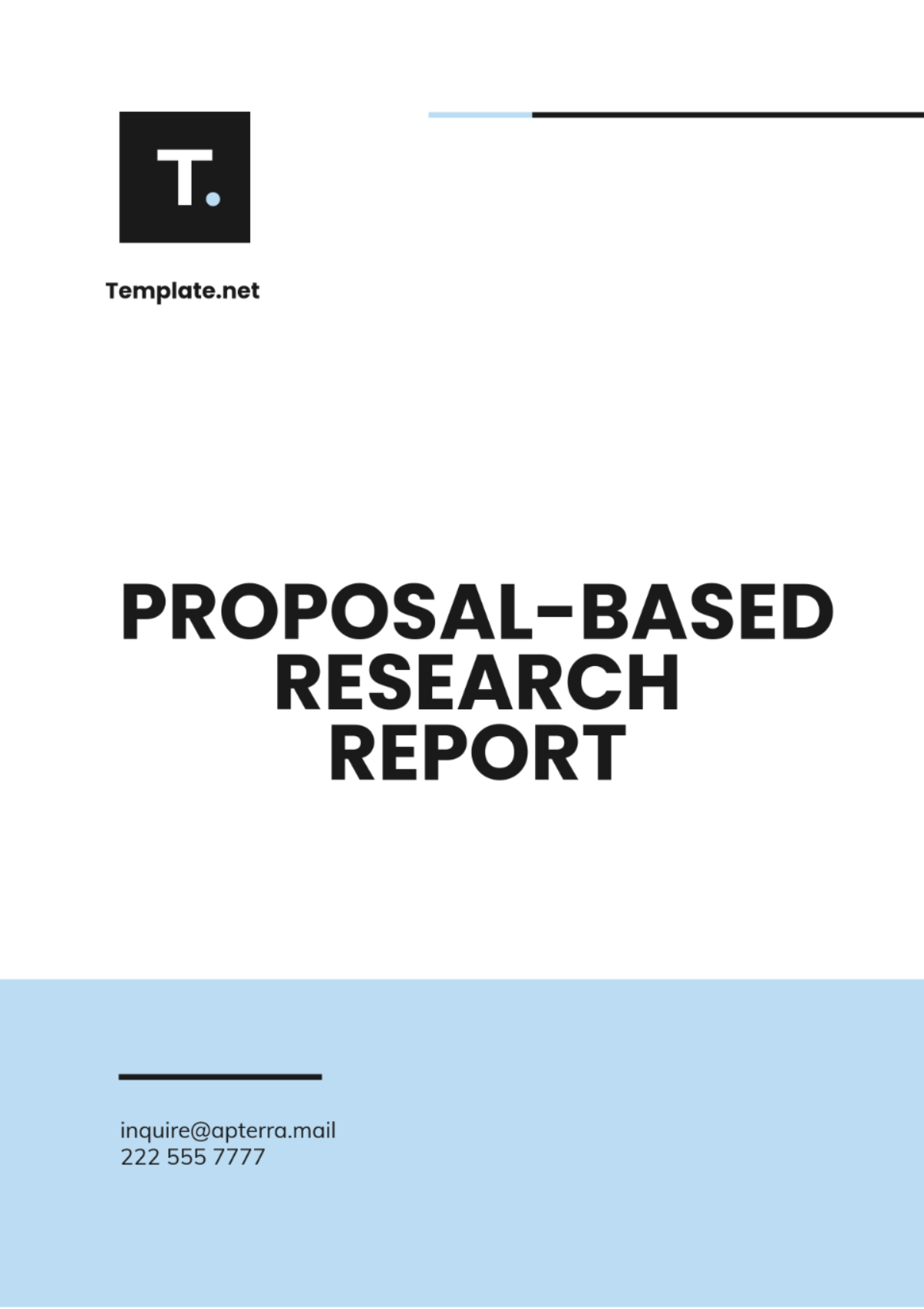Supply Chain Research Proposal
Prepared By: [YOUR NAME]
Date: [DATE]
I. Abstract
This research proposal seeks to examine the intricacies and effectiveness of contemporary supply chains, with the goals of pinpointing critical factors affecting supply chain performance and suggesting strategies for enhancement, using a mixed-method approach of qualitative interviews and quantitative data analysis and aims to produce actionable insights to improve supply chain responsiveness and resilience.
II. Introduction
This study aims to tackle the various challenges that supply chains—which are vital for modern economies by facilitating the transfer of goods and services from suppliers to consumers—face, such as disruptions, inefficiencies, and sustainability concerns, by thoroughly examining supply chain dynamics and offering solutions to improve their performance and resilience.
III. Literature Review
Existing research on supply chains has primarily focused on optimization, risk management, and technology integration. However, there are gaps in understanding the holistic impact of these factors across different industries. For example, studies have often been siloed, not considering the intersection of technology and sustainability. This research aims to fill these gaps by providing a comprehensive analysis that integrates multiple dimensions of supply chain management.
IV. Research Objectives
Identify Key Factors Influencing Supply Chain Performance: Examine elements such as supply chain structure, logistics, vendor relationships, and market dynamics that impact effectiveness and efficiency.
Evaluate the Impact of Technological Advancements: Assess how technologies like AI, blockchain, and IoT enhance supply chain operations by improving processes, accuracy, and cost-efficiency.
Develop Strategies for Resilience and Sustainability: Propose actionable recommendations to boost supply chain resilience and sustainability, focusing on adaptability, environmental impact, and long-term stability.
V. Methodology
A comprehensive mixed-method approach will be employed to gain a well-rounded understanding of supply chain dynamics:
Qualitative Data Collection: Conduct in-depth interviews with supply chain managers and industry experts to gather detailed insights into current practices, challenges, and innovations.
Quantitative Data Collection: Utilize surveys and analyze existing databases to quantify trends, measure performance metrics, and identify statistical correlations.
Analytical Techniques: Apply advanced analytical methods, including regression analysis to evaluate relationships between variables and thematic coding to identify recurring patterns and themes from qualitative data.
VI. Expected Outcomes
Identification of Key Performance Factors: Delineate the critical elements that affect supply chain performance, including structural, logistical, and relational factors.
Insights on Technological Impact: Provide a detailed analysis of how advancements in technology such as AI, blockchain, and IoT enhance supply chain efficiency and operational effectiveness.
Strategic Recommendations: Develop actionable strategies to enhance supply chain resilience and sustainability, focusing on improving adaptability, reducing environmental impact, and ensuring long-term stability.
VII. Timeline
Activity | Timeline |
|---|---|
Literature Review | Month 1-2 |
Data Collection | Month 3-4 |
Data Analysis | Month 5-6 |
Report Writing | Month 7-8 |
Final Review & Submission | Month 9 |
Literature Review: Conduct a thorough review of existing research to establish the theoretical foundation and identify knowledge gaps.
Data Collection: Gather qualitative and quantitative data through interviews, surveys, and database analysis.
Data Analysis: Analyze the collected data using statistical and thematic methods to derive meaningful insights.
Report Writing: Compile and write the research report, integrating findings, analysis, and recommendations.
Final Review & Submission: Perform a comprehensive review of the report, make necessary revisions, and submit the final document.
VIII. Budget
Expense | Estimated Cost |
|---|---|
Personnel | $10,000 |
Materials | $2,000 |
Data Collection Tools | $1,500 |
Travel | $3,000 |
Miscellaneous | $1,000 |
Total | $17,500 |
Personnel: For research staff, including salaries or consulting fees for team members involved in the project.
Materials: For physical or digital resources needed for the research, such as books, software, and other relevant materials.
Data Collection Tools: Tools and platforms used in gathering and managing data, including survey software and interview recording equipment.
Travel: For travel expenses related to fieldwork, including transportation and accommodation costs.
Miscellaneous: For any additional unforeseen expenses or minor costs that may arise during the research process.
References
Christopher, M. (2056). Logistics and Supply Chain Management. Pearson.
Fischer, M. L., & Meyer, R. (2057). Supply Chain Structuring and Restructuring. Harvard Business Review.
Mentzer, J. T., DeWitt, W., Keebler, J. S., Min, S., Nix, N. W., Smith, C. D., & Zacharia, Z. G. (2051). Defining Supply Chain Management. Journal of Business Logistics.





